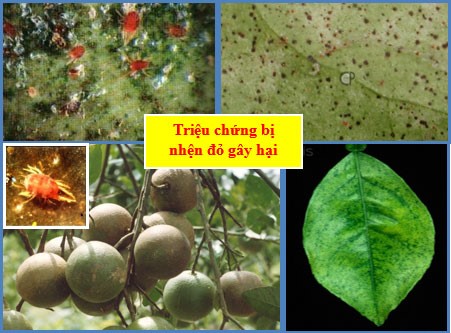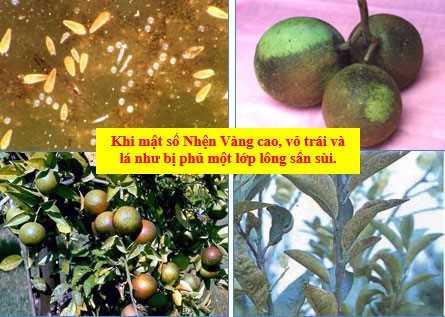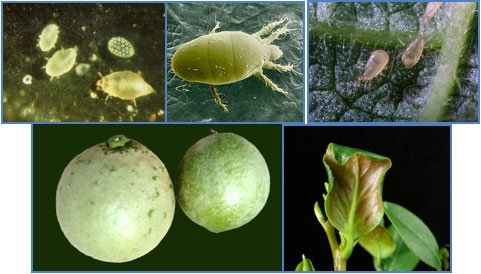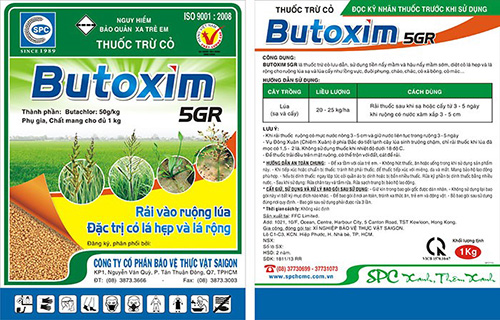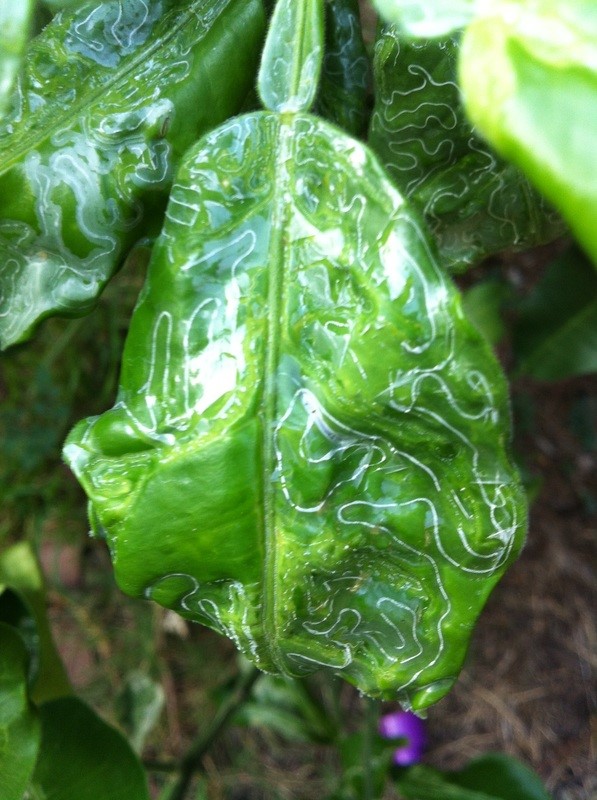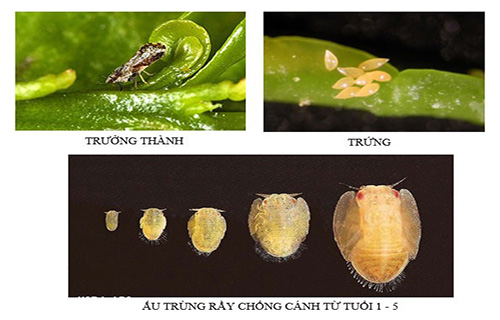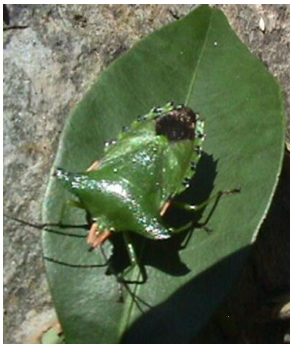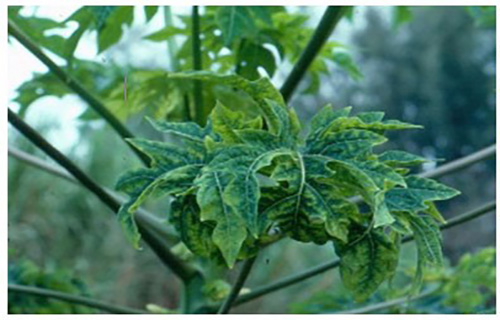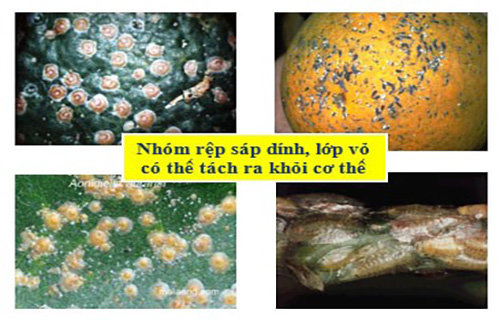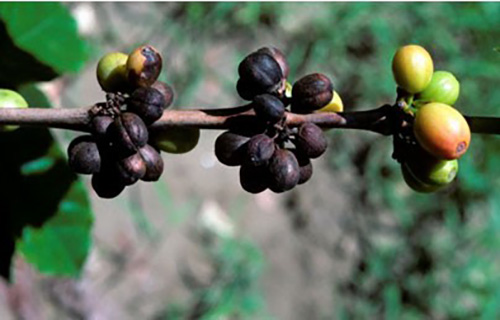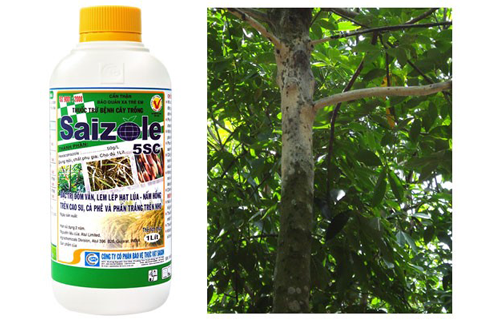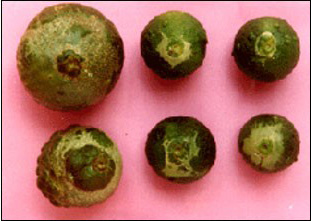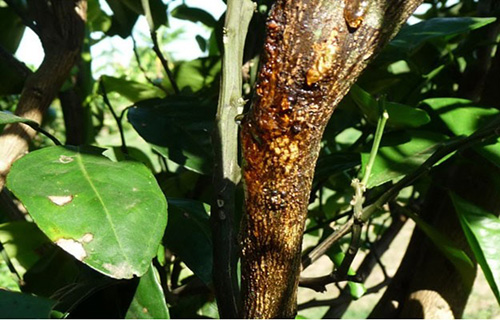|
SPIDERS DAMAGE CITRUS TREES. ORDER OF SMALL SPIDER: ACARINA
21/06/2023
SPIDERS DAMAGE CITRUS TREES. ORDER OF SMALL SPIDER: ACARINA 23/05/2022 Spider mites are common pests on citrus trees, especially in hot and dry climates that are suitable for spiders to grow and cause severe damage. The group of harmful spiders is usually very small in size, unlike the natural enemy spiders. Spiders have a very short life cycle, high reproductive ability, create many generations in a year, so it is easy to break out into epidemics in a short time. There are 3 common spider species on citrus trees. 1. RED SPIDER (Panonychus citri)
This species causes foliar and fruit damage and is one of the important pests of citrus and other crops. They thrive in dry weather conditions. Spider mites suck on leaves and fruit leaving symptoms like scratching, on the rind covered with a yellowish-brown layer, on the leaf surface appear bright spots. 2. YELLOW SPIDRER ( Phyllocoptruta oleivora )
3. WHITE SPIDER (Polyphagotarsonemus latus) Often creates tan, dark spots on lemons, reducing the commercial value. They have a broad spectrum of damage on broadleaf groups, ornamental plants and grasses. Summer humidity is a favorable condition for them to grow. The off-season lemon , or the Spring-Summer orange crop, is often severely affected. Lesions are gold-silver or lead-brown, resembling a shark skin and spreading over the entire surface of the fruit, sometimes the sain is like bronze color; low fruit is usually the first to be severely damaged. White spider mites damage the young leaves of citrus, often at the nursery stage of the plant, are severely damaged and can be found under the leaf surface, they cause dense and distorted leaves, leaf margins are curved downward and often manifest tinge on the underside of leaves. Young stem growth stunted, plants like the influence of herbicides. Preventive measures: Survey the garden continuously, especially in the dry season with tools such as magnifying glass, white paper... and identify harmful symptoms for timely prevention. Collecting damaged fallen fruit, creating a well-ventilated garden also reduces the number of pests. Regular watering spray also reduces harmful spiders, so water from the underside to the surface. Using pesticides: Because spiders have very high resistance to products, the following products must be changed alternately regularly: Saromite 57EC, Comda Gold 5WG, SK EnSpray Mineral Oil 99EC, Sulox 80WP... spray on the spot. Spiders often hide (underside of leaves and on fruit ). If the garden is severely damaged, then spray the product 3 times each time when the young buds appear: the first time when the buds are just bud, the second time when the buds are in full bloom and the third time when the leaves are in average maturity.
When the tree bears fruit, it should also be sprayed 3 times: the first time when the flower buds are in full bloom, the second time after the fruit is in one-week setting, and the third time is about 10 days apart from the second one |
To prevent, in addition to plowing and burying weed seeds, collecting weed stalks and stumps left after tilling the land to burn, not letting weeds produce seeds in production fields, etc., the use of chemical products is still a measure. optimal because of its ability to thoroughly kill weeds, reduce labor and take advantage of more time than manual weeding.
Miner has the scientific name Phyllocnistis citrella Staint., family Phyllocnistidae, order Lepidoptera. The miner occurs in many countries in the tropics and subtropics. The main host of the miner is the citrus family - Rutaceae. In addition, the miner also attacks mangosteen and some other plants.
Adult is a small planthopper, with a body 2-3 mm long, the whole body is ash gray, slightly greenish, the wings are opaque with many small brown spots.Eggs are oval, 0.3 mm long, have a pointed end and are attached directly to the leaf surface, leaf axils.
Green bugs specialize in the fruit of citrus groups (oranges, tangerines, lemons, grapefruits, kumquats...), some people call them orange bugs, or orange suckers. Their scientific name is Rhynchocoris poseidon or Rhynchocoris humeralis.
In Vietnam, yellow leaf curl disease is very common on papaya trees, especially the disease is often severe in areas of high and continuous planting, areas with hot and arid climates. The disease has significantly reduced the yield and quality of papaya. Gardens that are infected early when the plants are young may not yield. However, up to now, many gardeners still do not know the cause and how to fix it.
This group includes species that are generally very small in size, causing damage by sucking plant sap (on leaves, fruits, branches, stems).
There are many species of mealybugs present on the group of Oranges,Tangerines,Grapefruits and Lemons (Citrus), which can be divided into 2 groups:
+ Group of sticky mealybugs with common varieties such as Lepidosaphes, Aonidiella, Coccus and Saissetia.
+ Group of flower mealybugs with common genera and species such as Pseudococcus, Planococcus and Icerya purchasi.
Dry branches and berries disease often appear to be common damage on coffee gardens during the rainy season. The disease causes death of branchs, dry fruit, severely affects the canopy structure and coffee yield if not paid attention to prevention.
Pink disease commonly causes diseases on rubber plantations in the rainy season, especially on garden from 4-8 years old. This year, rubber has to go through a period of severe drought, weakening the tree, so now in tnshe rainy season it is easy to get infected. Therefore, it is necessary to pay attention to good management to avoid affecting the garden.
In recent years, the area of citrus has been expanded because it is a fruit tree with high economic efficiency. However, in order to sell at a high price, not only in quality but consumers also require the external beauty of the fruit, so pest management on citrus is a matter of great concern to farmers. The hot season is a favorable condition for thrips to develop and cause damage, affecting the commercial value of fruit.
Currently in Vietnam, the cultivation of citrus trees is playing an important role in the country agricultural production. The benefits of citrus trees have made many farmers rich. However, wherever citrus trees are planted, fissured trunk cracking appears and causes damage. If any gardener is negligent or lacks attention to this disease, the tree will die, even the whole garden.
- Headquarters
- SAIGON PLANT PROTECTION JOINT STOCK COMPANY
- RQ 1, Nguyen Van Quy St., Tan Thuan Ward, HCM City
- Tax code: 0300632232
- Tel: (028) 38 733 295 - 38 732 077
- Fax: (028) 38 733 003 - 38 733 391
- Website: www.spchcmc.vn - Email: info@spchcmc.vn
- SAIGON PLANT PROTECTION COMPANY
- SAIGON PLANT PROTECTION JOINT STOCK ENTERPRISE
- Lot C1-C3 Hiep Phuoc Industrial Park, Hiep Phuoc Commune, HCM City
- Tel: (028) 3873 4089 - Fax: (028) 3873 4086
- Affiliated Unit
-
- Quick Links
- Home
- About us
- Career Opportunities


